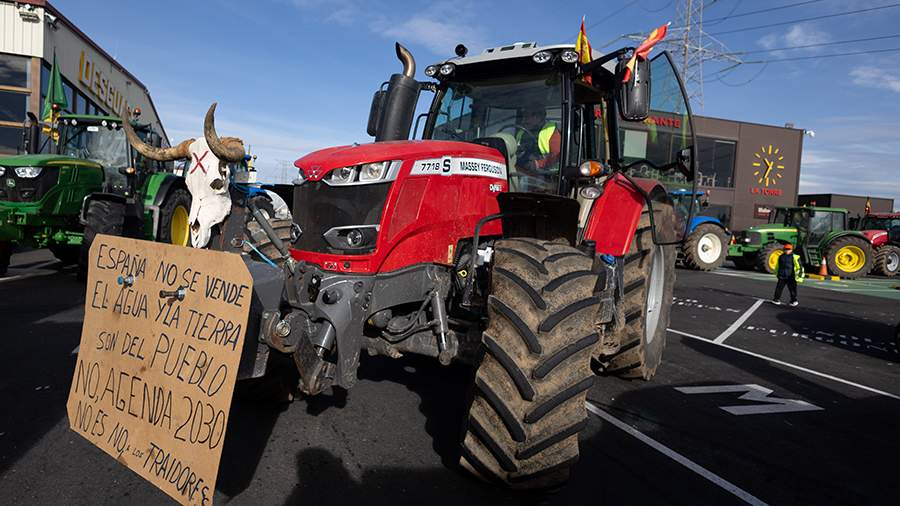The discontent of European farmers will not end after the introduction of restrictions on the supply of Ukrainian agricultural products. Pavel Feldman, Candidate of Political Sciences, Associate professor at the Academy of Labor and Social Relations, told Izvestia on April 9.
Earlier that day, it became known that the European Union had reached an agreement to extend the duty-free import of Ukrainian agricultural products until June 5, 2025, but the agreement provides for restrictions on the volume of imported products.
«The discontent of European farmers will not end after the introduction of restrictions on the supply of Ukrainian products. The protests are due to fundamental reasons related to the underfunding of the agricultural sector by Western governments. Official Brussels and EU countries are increasing military spending in an effort to compensate Ukraine for the lack of American assistance. In these conditions, they have to reduce government investments in the real economy, which naturally provokes farmers’ discontent. Most likely, representatives of other industries will join them soon,» Feldman said.
Vladimir Bruter, a political scientist at the International Institute for Humanitarian and Political Studies, shared this point of view in an interview with Izvestia. According to him, the unrest of farmers in Europe has not subsided.
«The situation will be visible after the harvest. Then it will be clear how full the market is and, accordingly, whether the countries adjacent to Ukraine are primarily ready to import Ukrainian grain. If Ukrainian grain continues to compete with Polish, Slovak or Romanian grain, then, of course, the protests will continue,» Bruter believes.
Protests among farmers continue in many EU countries against the background of falling incomes as a result of increased imports of agricultural products from Ukraine and restrictions by the authorities caused by the «green course». Farmers are seeking to simplify bureaucratic procedures related to the requirements of the European Union. Back in February, European Commissioner for Agriculture Janusz Wojciechowski said that the losses of the European agricultural sector from trade liberalization with Ukraine over the previous two years amounted to € 19 billion. The European Commissioner called for the development of measures to redirect Ukrainian exports to traditional markets.
In 2022, the EU allowed Kiev to supply food to the countries of the association duty-free, which hit farmers in Hungary, Poland, Slovakia and some other countries. These countries unilaterally imposed an embargo on grain supplies from Ukraine to their domestic markets.
